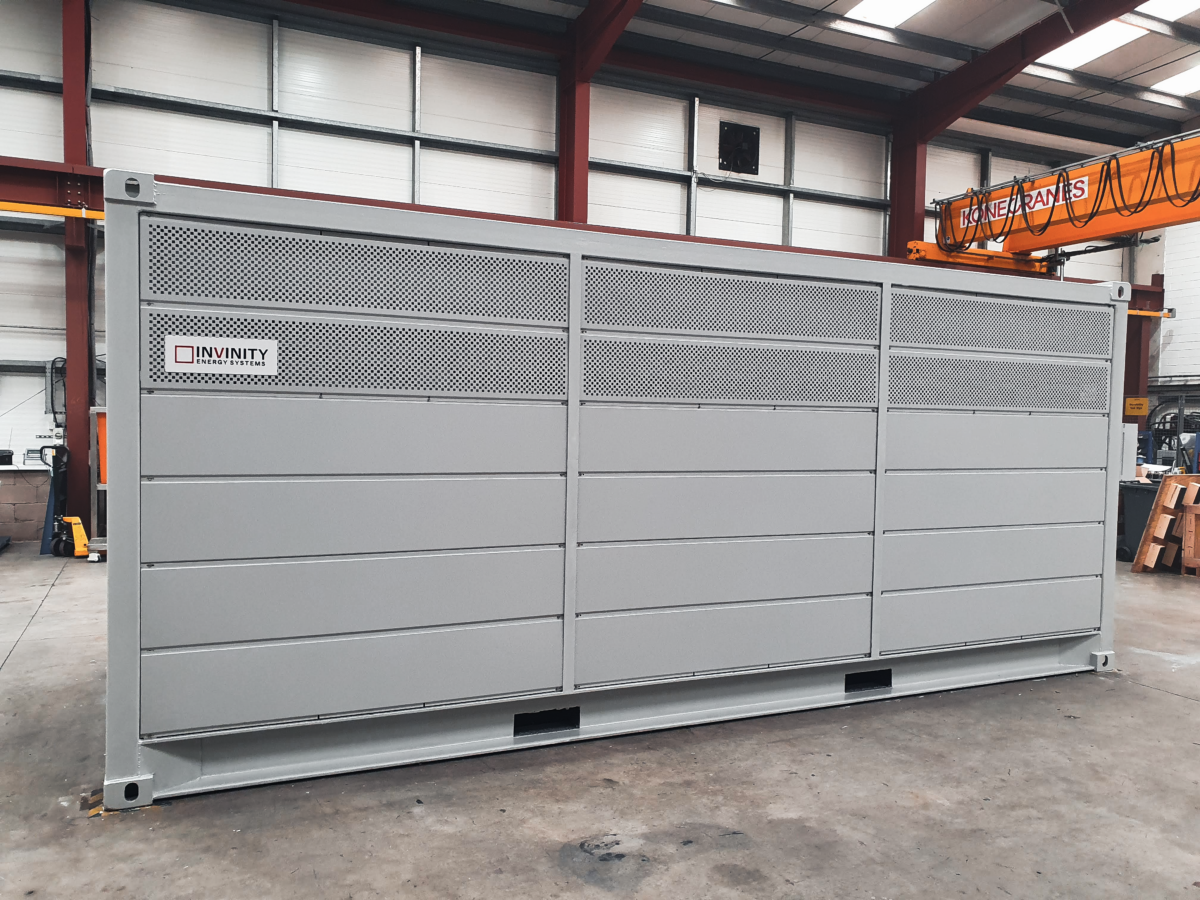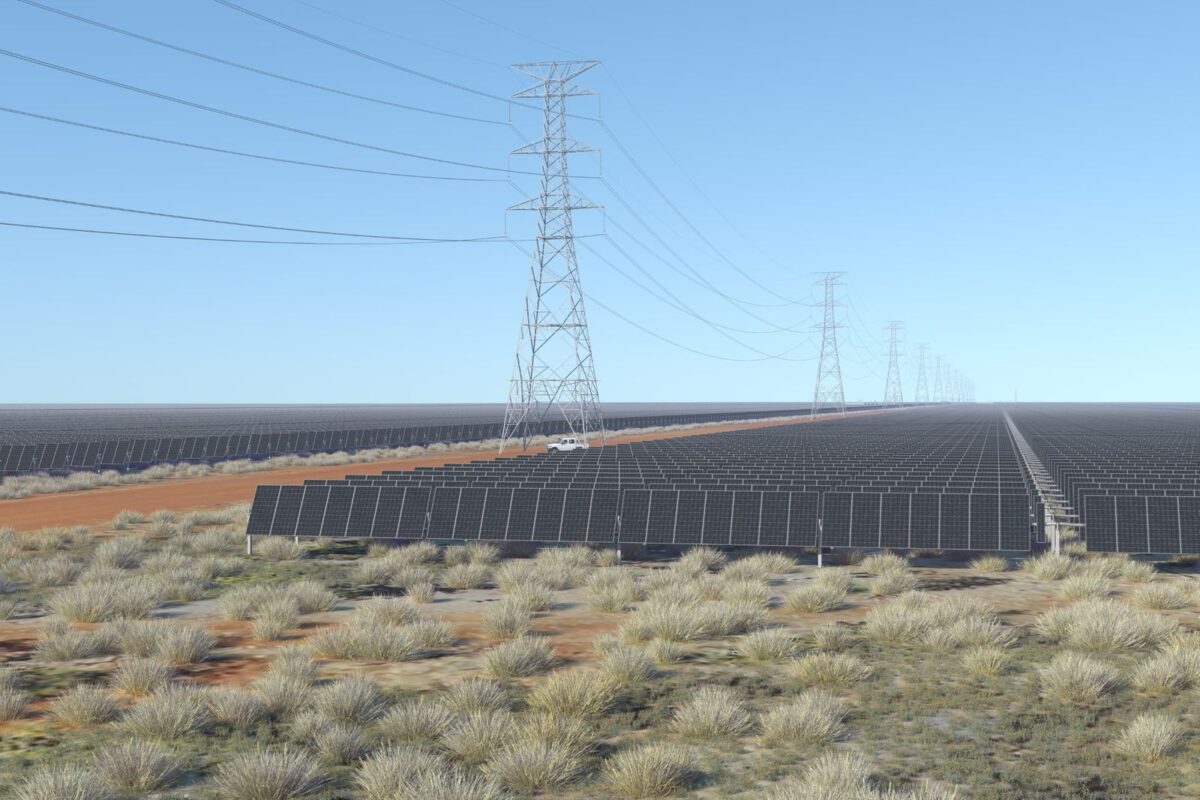Western Australia (WA) government-owned utility Horizon Power has inked an agreement with Perth-based energy storage company VSUN Energy for the purchase of a vanadium flow battery (VFB) that will be installed at Kununurra as part of a long-duration energy storage pilot program.
Horizon Chief Executive Officer Stephanie Unwin said the pilot program will support the organisation’s focus on solving the technical challenges associated with establishing long-duration energy storage solutions in harsh conditions.
“The VFB is specifically designed to deliver large amounts of energy over a long period of time and is temperature resilient, which is critical for our unique regional and remote networks,” she said.
“This is an exciting trial which will allow us to increase our understanding of the technology in a regional energy system and its ability to provide long periods of 100% renewable energy.”
VSUN Energy, a subsidiary of Perth-based mining company Australian Vanadium Limited (AVL), will supply, install and commission the battery energy storage system for Horizon at Kununurra.
The 220 kWh battery, which will be capable of delivering up to 78 kW of power, will be sourced from United Kingdom-based manufacturer Invinity Energy Systems.
Vanadium redox flow battery technology was first developed at the University of New South Wales in 1980s but it has failed to reach the same levels of acceptance that lithium-ion technology has achieved.
This is surprising for advocates of the technology who say VFBs can be charged and completely or partially discharged hundreds of thousands of times without degradation; and the electrolyte remains unchanged – it can be recycled into another battery or used in other applications when the first installation reaches its end of life. VFBs are also non-flammable, and scalable but these batteries suffer from comparatively low energy densities.
Invinity Chief Commercial Officer Matt Harper said the technology provides a “proven and commercialised” alternative to the lithium-ion battery technology which currently dominates stationary energy storage applications.
“Due to their durability, safety and reliability, vanadium flow batteries have a vital role to play in reducing the use of fossil fuels in power generation, particularly in remote communities,” he said.
Site planning and development work for the Kununurra battery is already underway, with the VFB to be delivered and installed later this year.
AVL Chief Executive Officer Graham Arvidson said the deal with Horizon is the first with an Australian energy utility and a sign of growing interest for VFB technology.
“VSUN Energy has been actively pursuing opportunities for VFB deployments and is seeing an increased interest from all energy sectors,” he said, noting Horizon’s support of the technology will also the company’s planned vertical integration ‘pit to battery’ strategy.
AVL’s flagship Australian Vanadium Project includes the mining, concentrating and processing of vanadium for use in electrolyte production. The project includes the extraction of high-grade vanadium from AVL’s mine near Meekatharra in the state’s mid-west and transporting to its Tenindewa plant for processing.
“Future VFB projects in Australia will not only be deployed locally, but have significant local content, including AVL’s vanadium electrolyte from its plant which is currently under construction in Wangara,” Arvidson said.
This content is protected by copyright and may not be reused. If you want to cooperate with us and would like to reuse some of our content, please contact: editors@pv-magazine.com.









1 comment
By submitting this form you agree to pv magazine using your data for the purposes of publishing your comment.
Your personal data will only be disclosed or otherwise transmitted to third parties for the purposes of spam filtering or if this is necessary for technical maintenance of the website. Any other transfer to third parties will not take place unless this is justified on the basis of applicable data protection regulations or if pv magazine is legally obliged to do so.
You may revoke this consent at any time with effect for the future, in which case your personal data will be deleted immediately. Otherwise, your data will be deleted if pv magazine has processed your request or the purpose of data storage is fulfilled.
Further information on data privacy can be found in our Data Protection Policy.